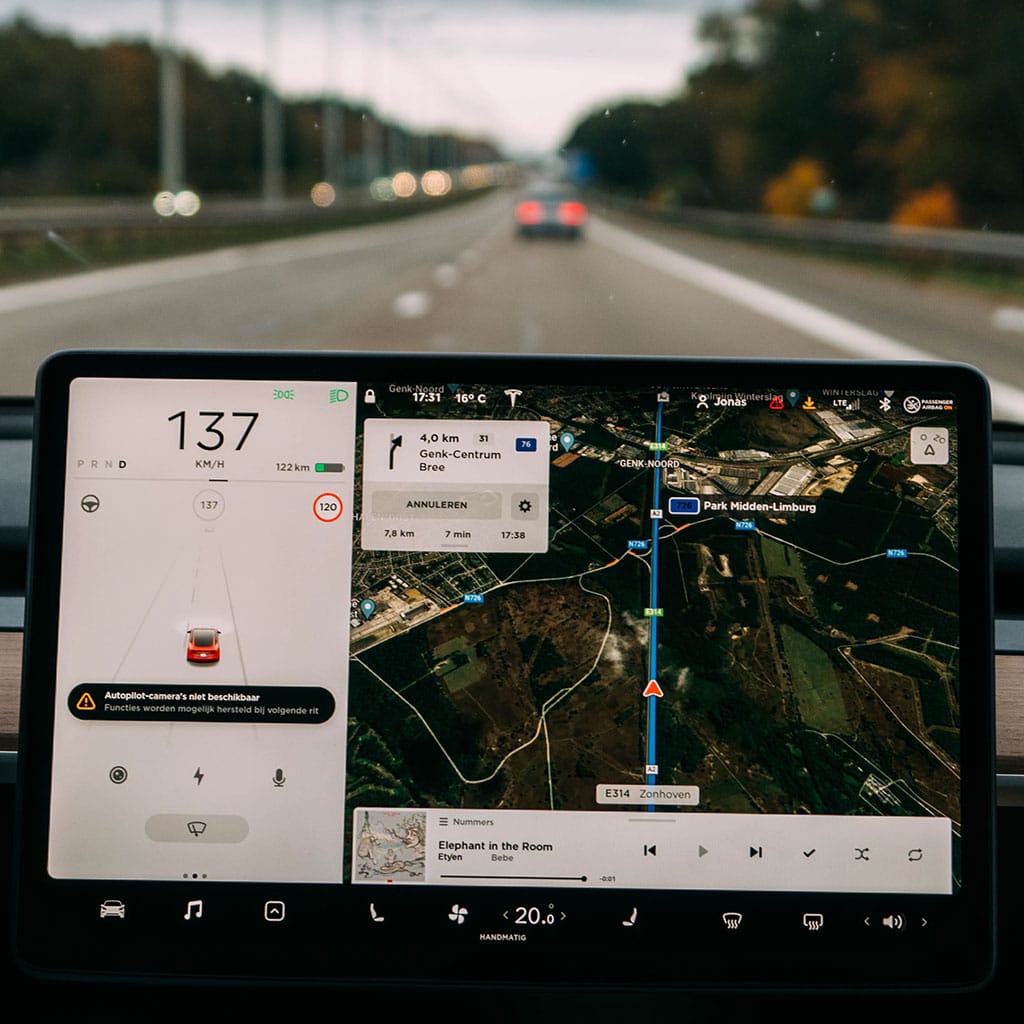Does WiFi iPad have GPS?
Does WiFi iPad have GPS?
This article will explore how Wi-Fi iPads utilize these methods for location services, the benefits they offer, and any limitations compared to GPS-enabled models.
Does the iPad with WiFi have GPS capabilities?
Wi-Fi-only iPads do not come with built-in GPS receivers, which means they lack the dedicated hardware necessary to directly communicate with satellites for precise location information. Instead, they rely on alternative methods to provide approximate location data. One primary method is through the use of Wi-Fi network information. These iPads scan for nearby Wi-Fi networks and cross-reference their signal strengths with a database of known Wi-Fi access points and their associated geographic locations. By triangulating this data, the iPad can estimate its position. This process, known as Wi-Fi positioning or Wi-Fi location services, allows for basic location functionality even without GPS.
Additionally, some Wi-Fi-only iPads may use nearby Bluetooth devices or beacons to further refine their location data. However, it’s important to note that while these methods can offer a general sense of location, they are not as precise as the GPS capabilities found in Wi-Fi + Cellular models. Therefore, for activities that demand highly accurate and reliable positioning, such as hiking or professional fieldwork, a Wi-Fi + Cellular iPad with access to a cellular network is the recommended choice. This ensures a more precise determination of the iPad’s location compared to relying solely on Wi-Fi networks.
What is the primary technology or method used by Wi-Fi-only iPads for location services?
Wi-Fi-only iPads primarily rely on Wi-Fi networks to approximate their geographic location. Through a process known as Wi-Fi positioning or Wi-Fi location services, these devices scan for nearby Wi-Fi networks and cross-reference their signal strengths with a database of known Wi-Fi access points and their associated geographic locations. This triangulation method enables the iPad to estimate its position with a certain level of accuracy. However, it’s important to note that this method is based on the availability and strength of Wi-Fi signals in the area, and can be less precise compared to dedicated GPS technology.
Additionally, Wi-Fi-only iPads may also utilize other technologies such as Bluetooth and cellular connections to refine their location data. Bluetooth beacons and nearby devices can provide supplementary information to enhance the accuracy of the estimated position. While Wi-Fi positioning and these supplementary methods can offer a general sense of location, they may not be as consistent or accurate as GPS technology. For activities and applications that require highly accurate and reliable positioning, such as turn-by-turn navigation in a dedicated navigation app, an external GPS receiver or a model with cellular connectivity and built-in GPS is recommended. This ensures a more accurate and consistent determination of the iPad’s location, especially in scenarios where a stable internet connection or Wi-Fi networks may not be readily available.
Do Wi-Fi-only iPads have better battery life than models with GPS functionality?
Yes, there can be a notable difference in battery life between Wi-Fi-only iPads and models equipped with GPS functionality. Wi-Fi-only iPads tend to have a potential advantage in terms of battery longevity. This is because they primarily rely on Wi-Fi networks for location services, which typically consume less power compared to continuous GPS signal acquisition. Without the constant need to communicate with satellites, Wi-Fi-only iPads can conserve battery life when using location-based services. However, if a user engages in activities that heavily utilize Wi-Fi networks, such as streaming or downloading large files, this could offset some of the battery-saving benefits associated with Wi-Fi-only location services.
In contrast, models with built-in GPS or those with cellular connectivity and GPS capabilities may experience slightly shorter battery life due to the continuous interaction with GPS satellites. Engaging a navigation app, using location-based services, or utilizing external GPS receivers via Bluetooth can lead to more consistent GPS signal acquisition, which may demand additional power. However, advancements in GPS technology and power efficiency have mitigated this gap over the years, so the difference in battery life between these models has become less pronounced. Ultimately, the impact on battery life will depend on factors like usage patterns, the specific navigation app employed, and whether a user relies on continuous GPS for activities like outdoor navigation or geotagging.





You must be logged in to post a comment.